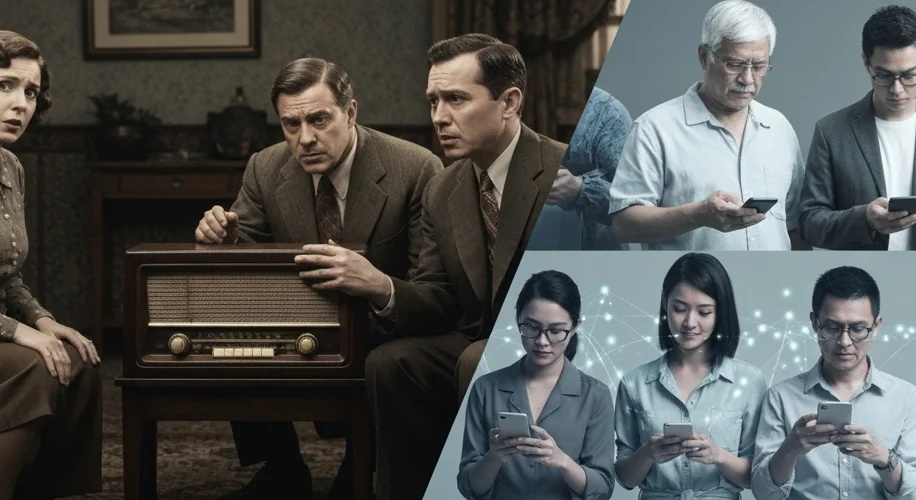I read an interesting piece in the Financial Times recently, quoting Ray Dalio warning that the U.S. might be sliding towards a style of autocracy reminiscent of the 1930s. As someone who’s spent decades in tech, I couldn’t help but think about how our increasingly digital world might be playing a role in this conversation.
It’s easy to dismiss such comparisons as alarmist, but let’s look at the underlying trends Dalio and others are highlighting. They often point to increasing political polarization, a decline in shared values, and the concentration of wealth and power. From my perspective, technology, while offering incredible benefits, also introduces new dynamics that can amplify these very issues.
Think about the information we consume. Digital platforms, driven by algorithms designed to maximize engagement, can create echo chambers. We end up seeing more of what we already agree with, and less of opposing viewpoints. This isn’t necessarily a deliberate move towards autocracy, but it can certainly make finding common ground harder. When people live in increasingly separate informational universes, it’s tough to build consensus.
Then there’s the issue of data and surveillance. As our lives become more digitized, more information about us is collected. While this can be used for good – like improving public services or personalizing experiences – it also presents risks. Who controls this data? How is it used? In the wrong hands, or with insufficient oversight, the potential for control and manipulation grows. History teaches us that access to information, and the ability to control its flow, has always been a powerful tool in shaping societies.
The spread of misinformation, often amplified by AI-driven tools, is another significant factor. When it becomes difficult to distinguish truth from falsehood, trust erodes. Trust in institutions, trust in the media, and even trust in each other. This erosion of trust can create fertile ground for populist movements and strongman politics, which have historically been features of autocratic systems.
Looking back at the 1930s, the world was grappling with economic depression and rapid technological change, including the rise of mass media like radio. These forces reshaped societies and political landscapes. Today, we’re experiencing similar levels of disruption, but amplified by the speed and reach of the internet and advanced AI.
It’s not about blaming technology itself. Technology is a tool. The real question is how we, as a society, choose to wield it. Are we prioritizing critical thinking and media literacy? Are we building digital platforms that foster healthy discourse rather than division? Are we establishing robust ethical guidelines and regulations for data use and AI development?
These are the conversations we need to be having. It’s crucial to consider the societal implications of the technologies we create and adopt. We need a more nuanced approach to how digital tools shape our public square and our understanding of reality. The potential consequences of not addressing these issues thoughtfully are significant, and Dalio’s warning, viewed through a technological lens, seems less like a prediction and more like a call to action.

